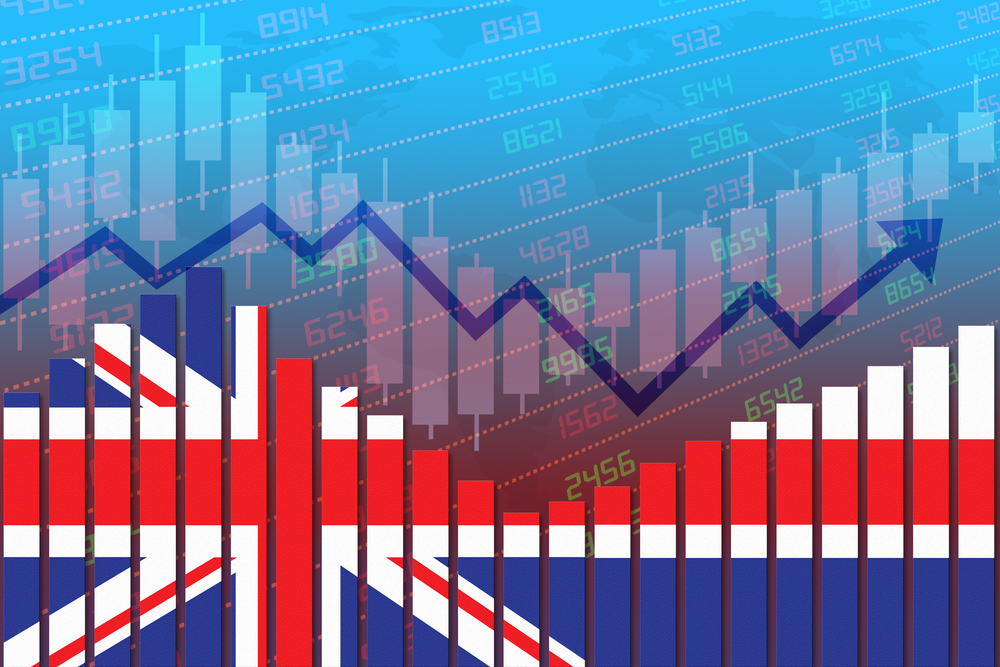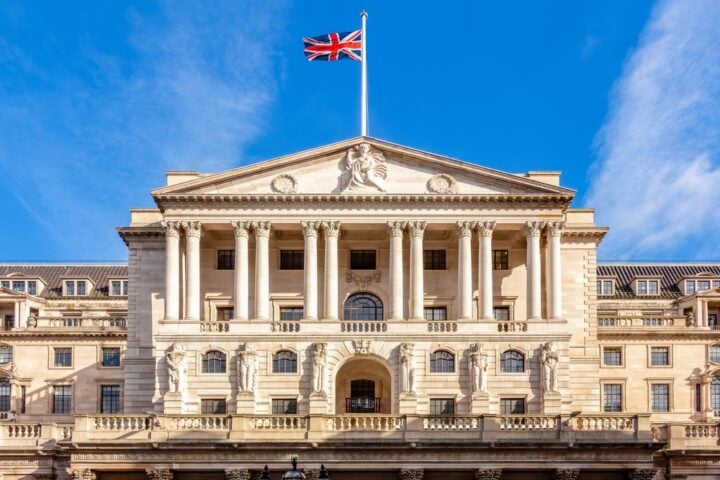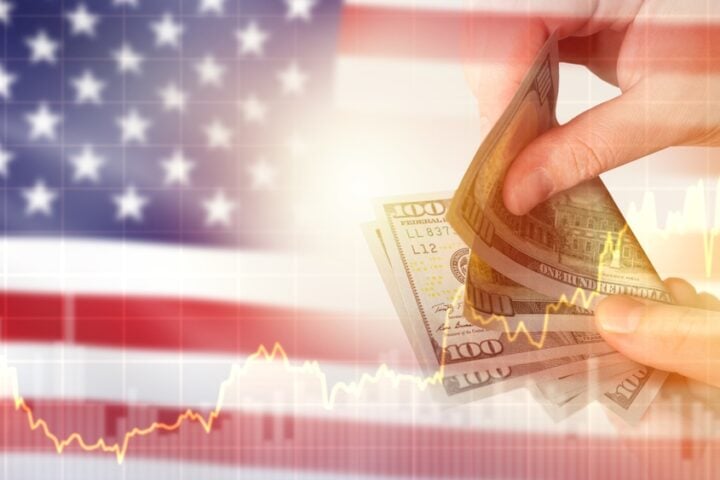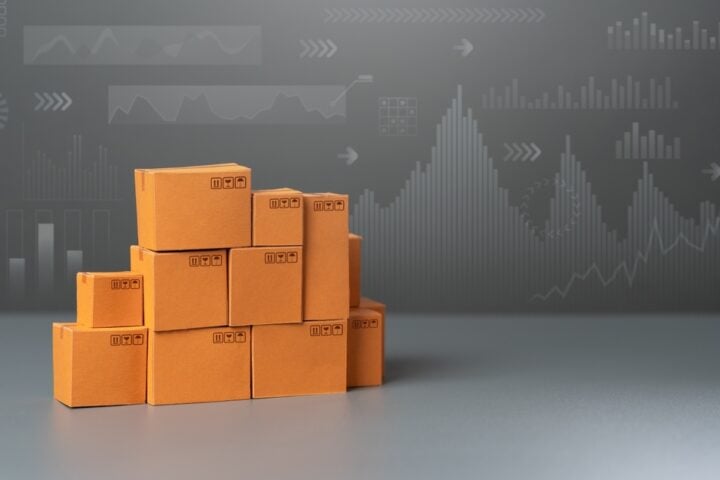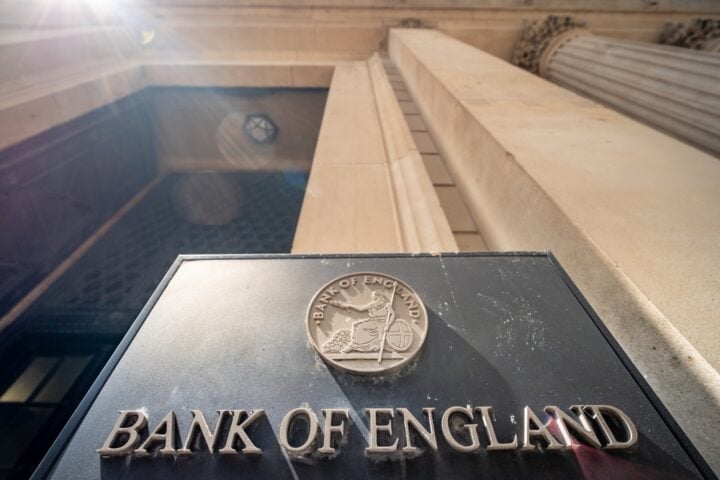Bank of England Governor Andrew Bailey expressed concern Thursday over the potential impact of U.S. tariffs on U.K. economic growth, especially if global trade experiences a slowdown. Bailey, in an interview at the IMF-World Bank Spring Meetings, said the central bank is paying close attention to the “growth shock” that could arise from the escalating trade tensions.
Tariffs: Growth or Inflation?
As the Bank of England prepares for its May 8 monetary policy meeting, Bailey mentioned that the central bank will carefully weigh the effects of U.S. tariffs on growth and domestic supply constraints on inflation. “There is clearly a growth issue we start with, with weak growth… but a big question mark is how much of that is caused by weak demand, and how much by a weak supply side,” Bailey said.
He further added, “The weak supply side unfortunately has an upside effect on inflation, which complicates the issue.” Bailey acknowledged that tariffs were a new factor contributing to this complex economic landscape.
Trade Disruptions Could Impact Inflation
Bailey highlighted the conflicting potential outcomes of trade disruptions. A redirection of trade exports into other markets could ease inflationary pressures, but retaliation by the U.K. government in response to U.S. tariffs—although unlikely—could push inflation higher.
Despite these uncertainties, Bailey reassured that the U.K. was not on the verge of a recession but admitted that the current economic uncertainty was negatively affecting both business and consumer confidence.
IMF Downgrades U.K. Growth Forecast
Earlier this week, the International Monetary Fund (IMF) downgraded its growth forecast for the U.K. in 2025 to 1.1%, down from 1.6%. This revision was largely attributed to the impact of U.S. tariffs, higher borrowing costs, and rising energy prices. The IMF also noted that global economic forecasting remains highly uncertain due to ongoing negotiations over Trump’s tariff policies, which are currently paused.
The U.S. has imposed tariffs on key U.K. exports, including a 25% levy on steel, aluminum, and autos, as well as a 10% tariff on other British exports. Despite these challenges, U.K. policymakers are optimistic about securing a trade deal with the U.S. Vice President J.D. Vance expressed confidence that there is a “good chance” of reaching an agreement.
Bailey’s Optimism Amid Challenges
Governor Bailey expressed cautious optimism about the potential trade deal with the U.S., acknowledging that the U.K.’s open and services-oriented economy would still be affected by any broader global slowdown in trade. “If the U.K. does make a deal, I’d be very encouraged,” he said, but emphasized that the country’s exposure to global trade dynamics meant that challenges remain.
Bailey also pointed out that inflation, currently at 2.6%, is likely to rise in the near future due to factors like higher energy prices and increased water bills. However, he reassured that the expected inflation increase would be less severe than the spikes seen in previous years.
Monetary Policy and Future Projections
The Bank of England maintained interest rates at 4.5% during its March meeting. However, following President Trump’s controversial tariff announcements, markets now expect the Bank to reduce rates to 4% by August. As uncertainty surrounding tariffs and inflation lingers, the U.K. economy’s path remains clouded, with policymakers preparing for a delicate balancing act.
Despite the challenges, Bailey and other U.K. policymakers remain focused on navigating the complexities of the global trade environment and managing domestic inflation pressures. The central bank’s cautious approach aims to foster stability amid uncertain global economic conditions.


